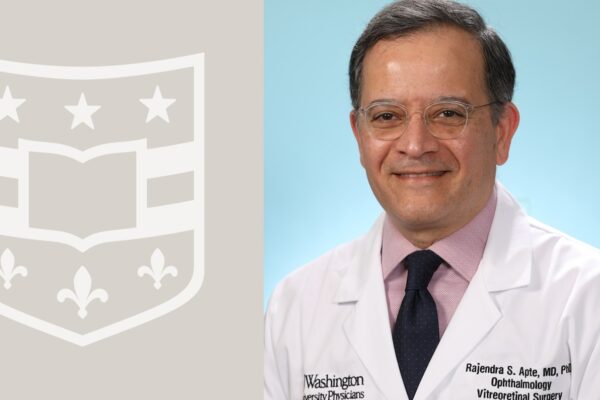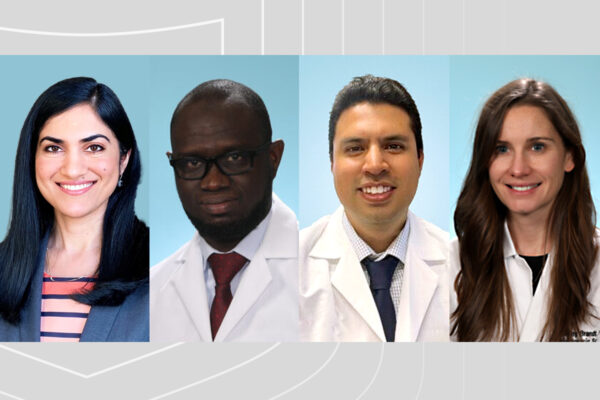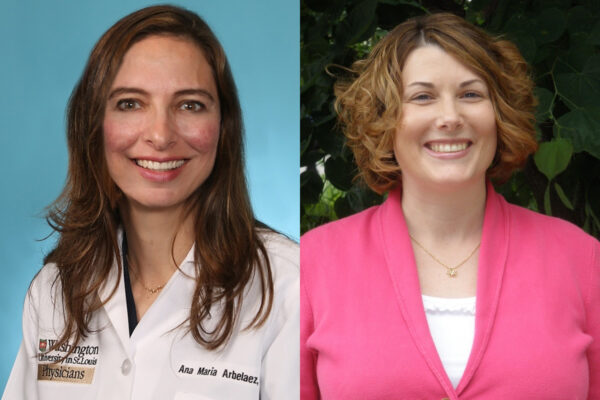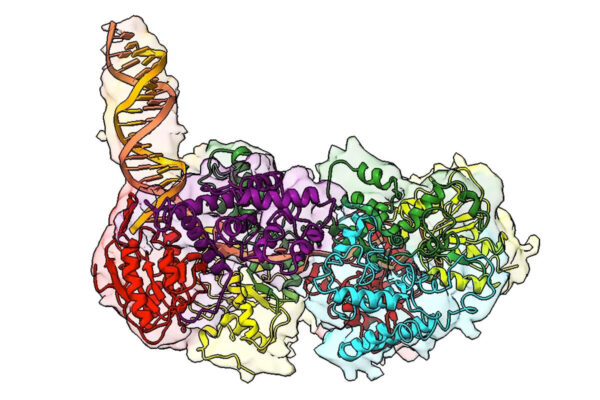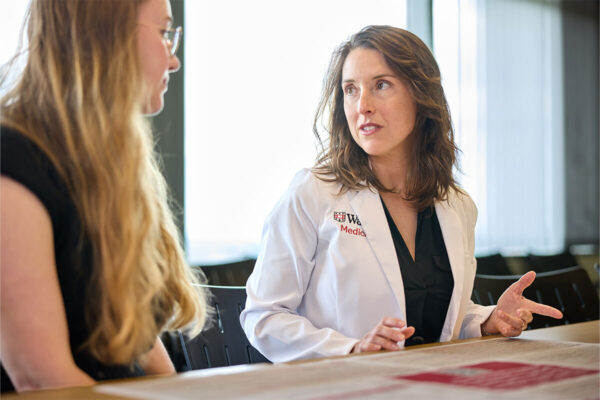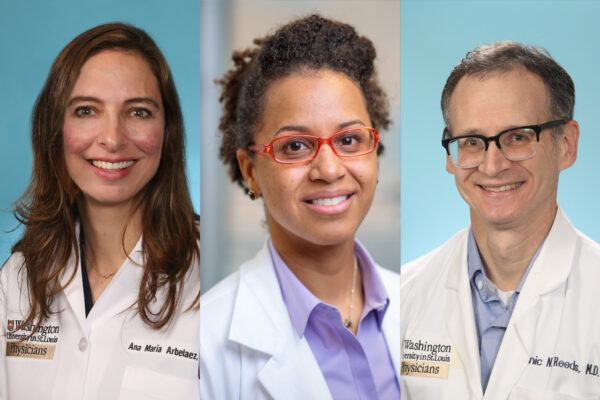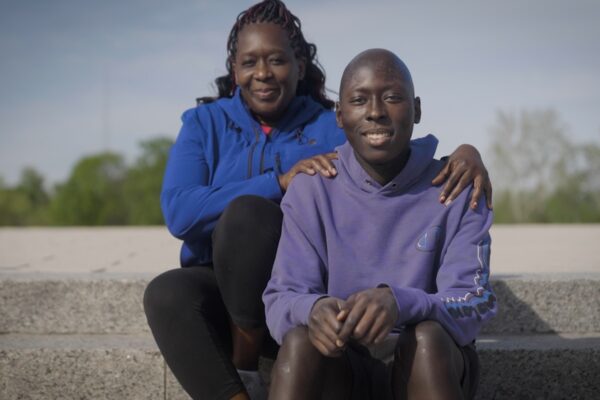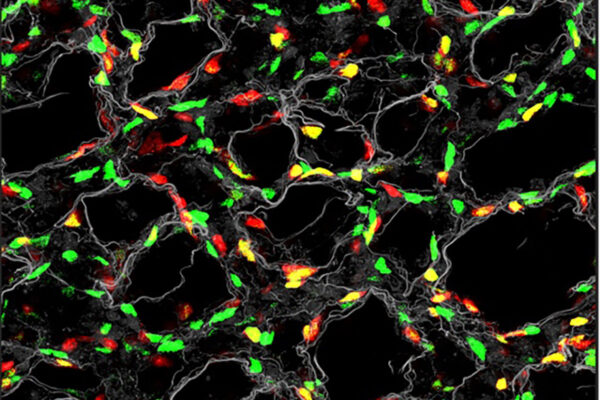Apte honored for contributions to vision science
Rajendra S. Apte, MD, PhD, the Paul A. Cibis Distinguished Professor and vice chair of innovation and translation in WashU Medicine’s John F. Hardesty, MD, Department of Ophthalmology & Visual Sciences, has received the 2025 Retina Research Foundation’s Gertrude D. Pyron Award.
Four physician-scientists named Dean’s Scholars
The Division of Physician-Scientists at WashU Medicine has selected four physicians for its sixth class of Dean’s Scholars. The awardees will receive up to two years of financial support and mentorship, as well as dedicated lab time to conduct scientific research.
Pediatrics names two new co-vice chairs
Ana Maria Arbeláez, MD, and Stephanie A. Fritz, MD, have been named co-vice chairs of clinical investigation in the Department of Pediatrics at WashU Medicine.
Key component to cell division unveiled in 3D
A new study from WashU Medicine researchers describes the structure of an important protein that unspools the DNA molecule so the DNA can be repaired. Interfering with the protein could prove useful in developing new therapeutics for tuberculosis or other diseases caused by organisms that rely on these proteins to repair their DNA.
Hepatitis C treatment is not reaching some at-risk populations
Two recent studies from researchers at WashU Medicine reveal that two vulnerable populations — children and recently pregnant women — face disparities in access to treatment for hepatitis C infection, putting them at risk of long-term health problems.
WashU molecular biologists identify multifunctional virus-sensing protein
WashU Medicine researchers led by Siyuan Ding identified an immune-system protein in human cells that has the unusual capacity to respond to both DNA and RNA from pathogens, which may have implications for developing vaccines.
WashU Medicine develops new postbaccalaureate training program
WashU Medicine faculty members received funding from the National Institutes of Health (NIH) to develop the Postbaccalaureate Research Education Program in Diabetes, Endocrinology and Metabolic Diseases, a two-year mentored research experience.
Region’s first patient receives sickle cell gene therapy
The first sickle cell disease patient in the St. Louis region has been successfully treated by WashU Medicine physicians at St. Louis Children’s Hospital with a gene therapy newly approved by the Food and Drug Administration.
Ornitz receives NIH grant to study lung development
The National Institutes of Health (NIH) has awarded David M. Ornitz, MD, PhD, of WashU Medicine, $740,000 annually for four years to support research aimed at understanding respiratory complications associated with premature birth.
Sleep data from wearable device may help predict preterm birth
An interdisciplinary research team at Washington University in St. Louis has found that variability in sleep patterns in people experiencing pregnancy can effectively predict preterm birth.
Older Stories
